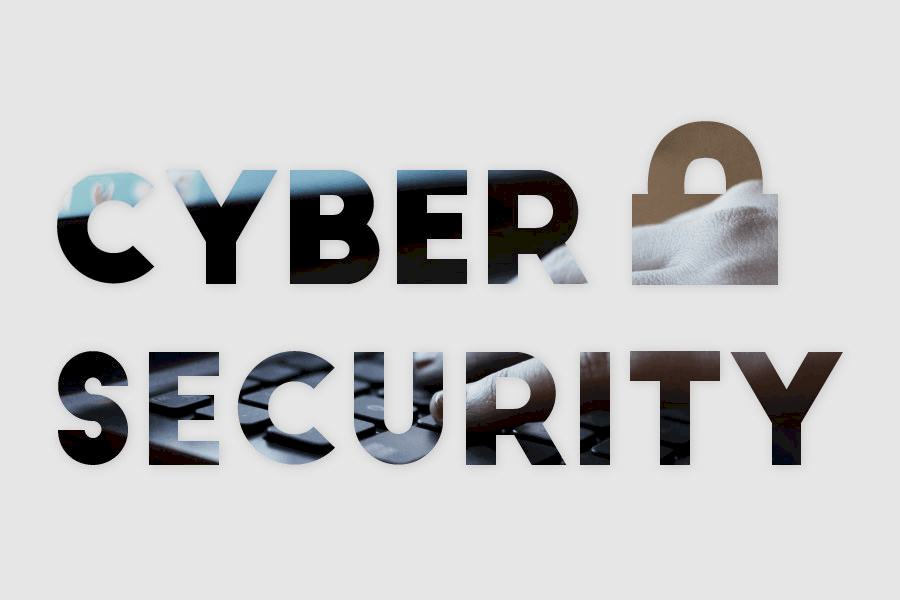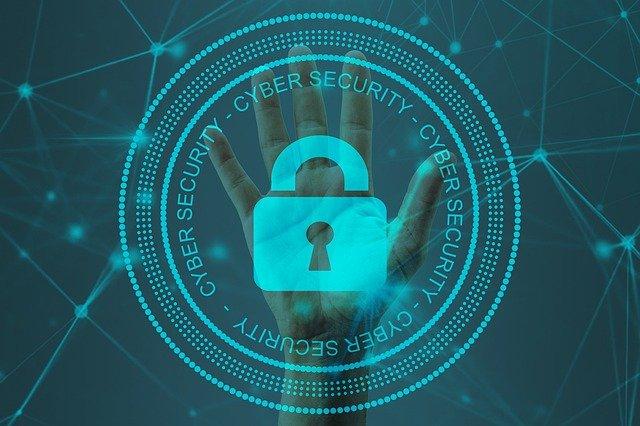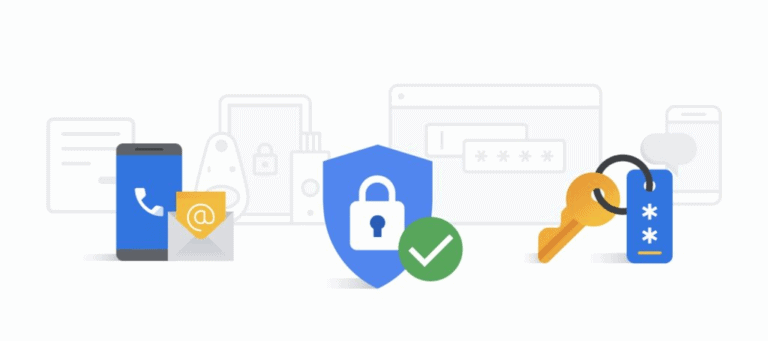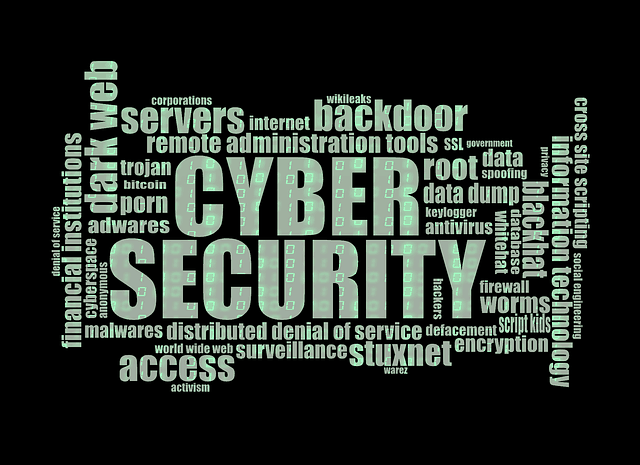8 Repeated Questions Asked in Cyber Security Interviews

As technology becomes a more significant part of everyday life and business operations, it is critical that both individuals have robust security measures in place. The fact that there are more devices than (good) people make it incredibly easy to lodge an attack against an organization, leaving a trail of destruction in its wake.
A career as a cyber security expert is an excellent choice, now that not only the larger enterprises but the SMEs are looking for trained experts to aid in building a foolproof cyber security policy. This article will shed some light into the concept of cyber security, the various specializations you can select and 8 of the most common cyber security interview questions that you will likely encounter.
What is cyber security?
Cyber security is the set of practices aimed at protecting systems, networks, and programs from malicious digital attacks. The main reasons why cybercriminals lodge these attacks are to obtain and sell unauthorized information, destroy critical files, to cause interruptions of normal business activities, or to extort money from their victims.
An effective cyber security plan involves the use of several layers to protect the workstations, computers, networks and associated hardware from attacks. It also ensures that the people, technology and everyday processes in the organization or homework towards guaranteeing a solid defense against malicious attacks.
The people must take the most basic steps to ensure cyber security, such as choosing strong passphrases, avoiding opening suspicious email attachments, and never leaving workstations unattended. The endpoints, routers and cloud storage must also be protected using reputable antivirus software, next-gen firewalls, and encryption. The processes must include regular data backups, restriction to unauthorized personnel, and a robust recovery plan in the event of a security event.
Embed Youtube Video URL here: https://www.youtube.com/watch?v=lVPHhVCFwyg
Careers to consider in the realm of cyber security
The field of cyber security is vast, and you need to consider choosing an area to specialize and build your knowledge and skill set in. Some of the most marketable areas of specialization in cyber security are:
Security consultant
As a Cyber Security Consultant, your primary role will be to evaluate the threat level of different kinds of organizations, assess the risks and provide a detailed report that will guide the business into protecting their systems and networks.
Information Security Analyst
These experts are responsible for the frontline defenses of endpoints and networks, and their primary role is to have measures such as encryption and firewalls to prevent security breaches and monitor the systems for any unusual activity.
Security systems administrator
A security systems administrator is primarily in charge of the security systems of an organization; they install, troubleshoot, maintain, and repair any loopholes in the hardware and programs running the security systems,
Ethical hackers
Ethical hackers have CEH certificates and are tasked with the role of attempting to infiltrate their employers’ security systems using the same black hat techniques used by cybercriminals to determine holes and vulnerabilities in the systems.
Computer forensic analysts
These experts collaborate with law enforcement to carry out tasks such as the recovery of lost or deleted files, pursuing the trails of cybercriminals or data, and interpreting tech data in a crime scene or on evidence.
Top 8 Cyber Security Interview Questions
Just like any other job interview, your hiring panel will want to determine your level of knowledge in the general field of cyber security and specific functions such as software design. Study these questions to ensure that you make an excellent first impression on the interviewing panel.
1. What is cyber security?
This question may be the very first technical question after the general ones (Describe yourself, what can you expect after the first 90 days of working here, what are your weaknesses, et cetera). You need to arm yourself with a consistent definition of the term since it will be the center of your career and your responsibilities in the hiring firm.
2. What security measures do you have on your home network?
Here, what matters is that you know how to secure such a network from malicious attack adequately. Some measures you can mention include an Active Directory Domain Controller or a dedicated firewall appliance.
3. What is encryption and why is it crucial?
Encryption is the process of converting data into unreadable form to protect it from unauthorized personnel. It is important because it is one of the most reliable ways to implement data security.
4. What’s the difference between a vulnerability, a threat, and a risk in a network?
A threat is someone with the intention to cause harm to a computer system within an organization; vulnerability is a loophole in the network that can be exploited by a cybercriminal, while a risk is the potential of loss when a threat takes advantage of a vulnerability.
Also read: Managerial Round Cyber Security Interview Questions and Answers
5. What is SSL?
SSL or Secure Socket Layer is a form of encryption designed to secure the transmission of data between browsers and web servers. Its main role is to identify the parties transmitting data between two ends to ensure safer browsing.
6. What is a Man in the Middle attack and what steps can you advise us to use to avoid them?
A MITM attack is where a hacker intercepts data being transmitted between two parties. This kind of attack can be averted by avoiding using public Wi-Fi without a VPN or SSL and having public key encryption between both parties.
7. What is a DDOS attack and what steps can you take to mitigate it?
DDOS stands for Distributed Denial of Service and is caused when a network is bombarded by a large number of requests that makes the server unable to handle the legitimate requests. To mitigate this, you need to identify and intercept the traffic coming from bots and hijacked web browsers from that coming from humans.
8. What is cross-site scripting?
Cross Site Scripting or XSS is a client-side code injection attack where an attacker can add malicious JavaScript code into a legitimate application or website.
Conclusion:
The above is all the information you need to build yourself a fulfilling career in cyber security, which is one of the most marketable areas right now. It is also important that you consider taking professional cyber security courses to enhance your skillset further and enrich your resume.





